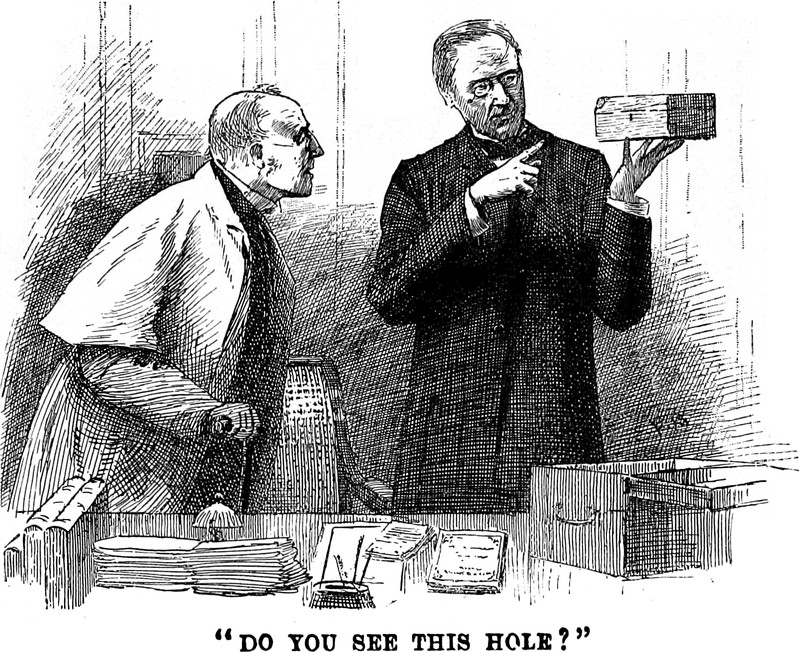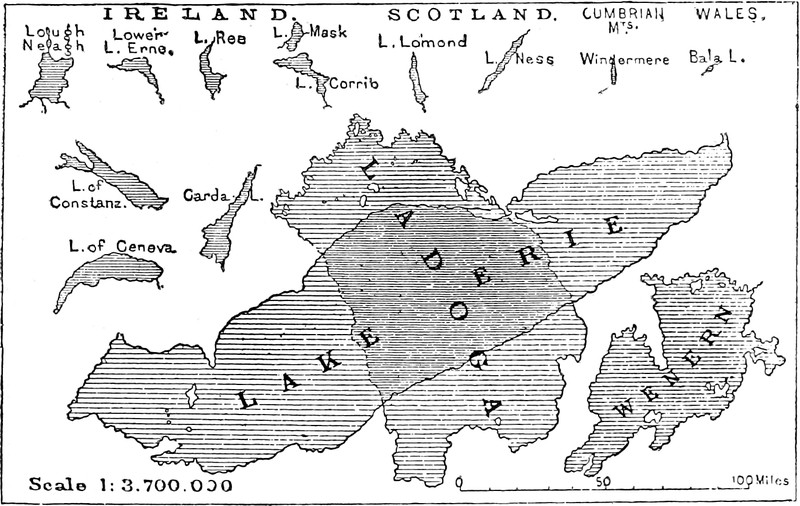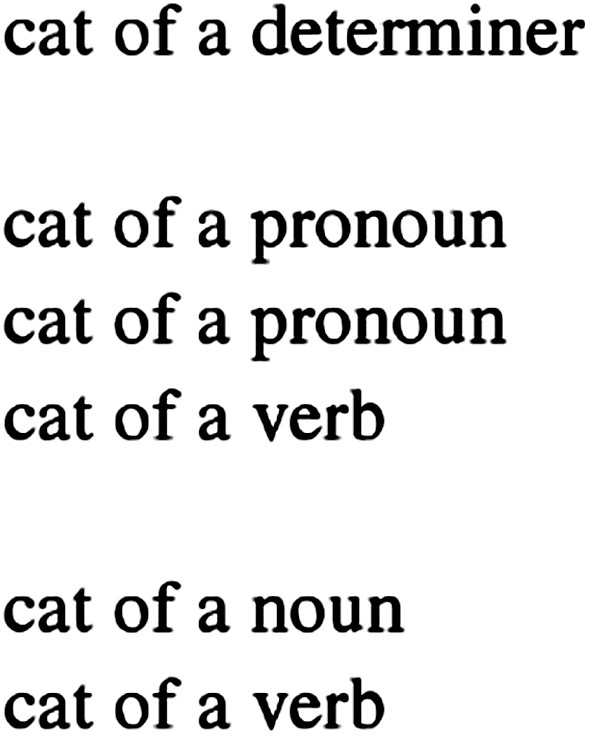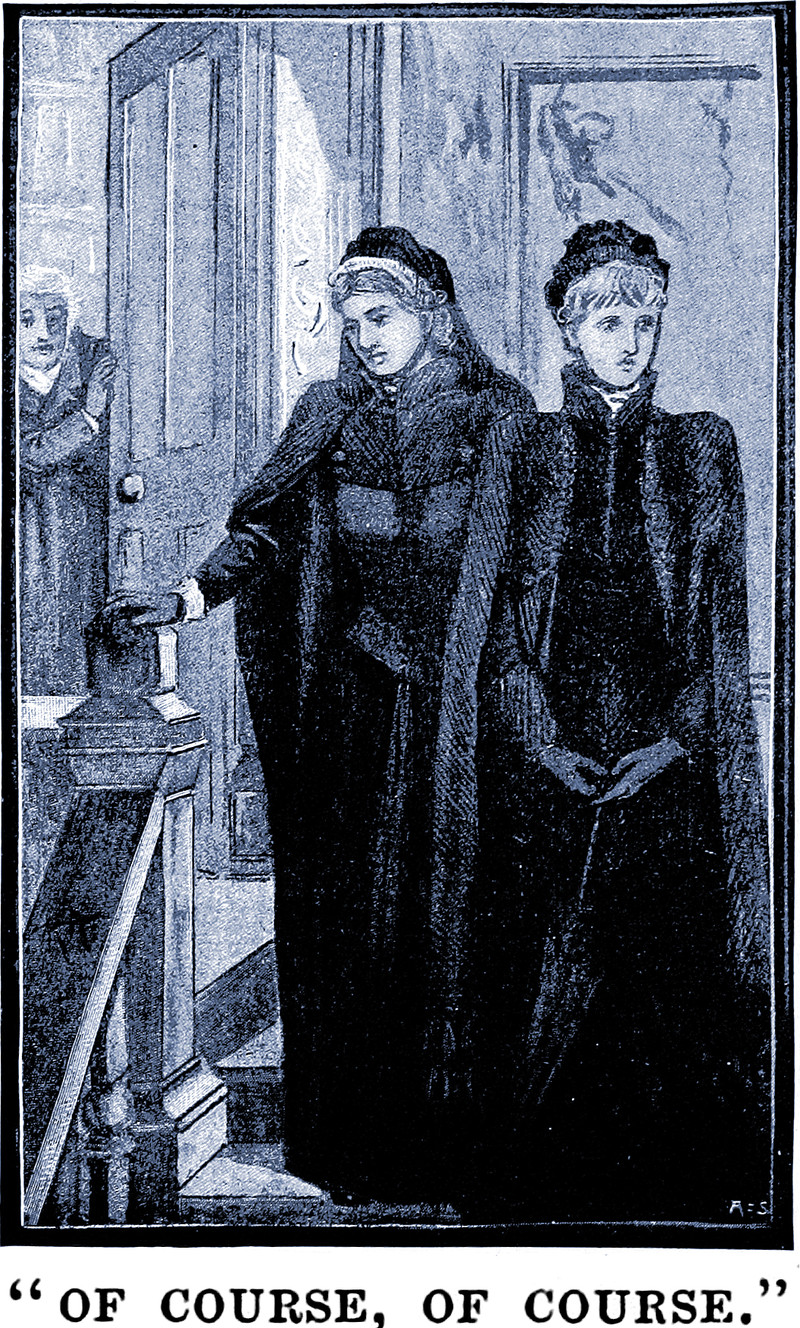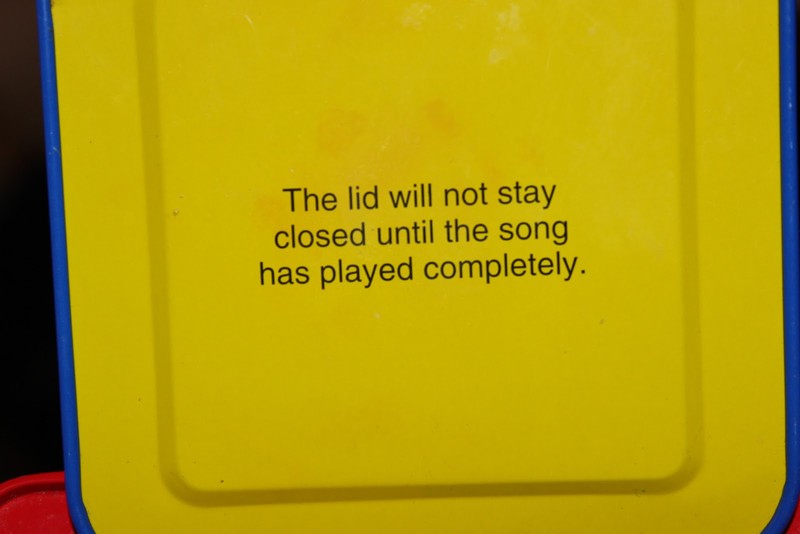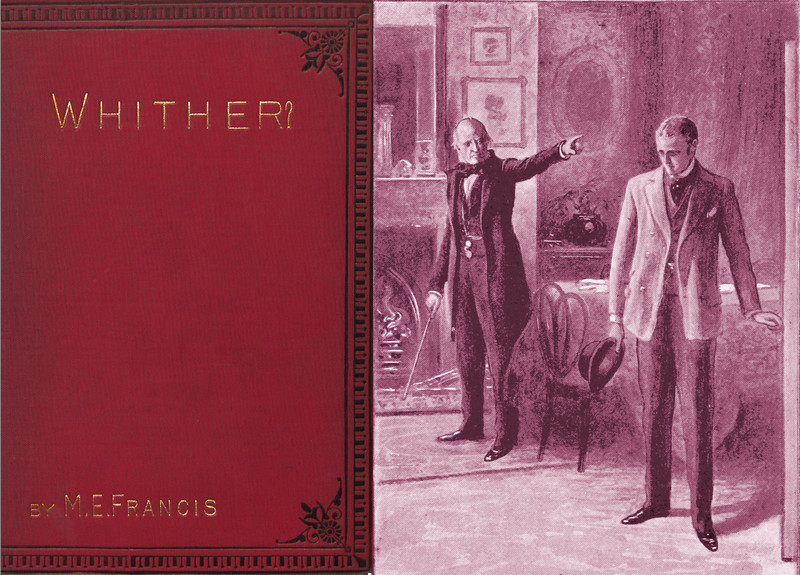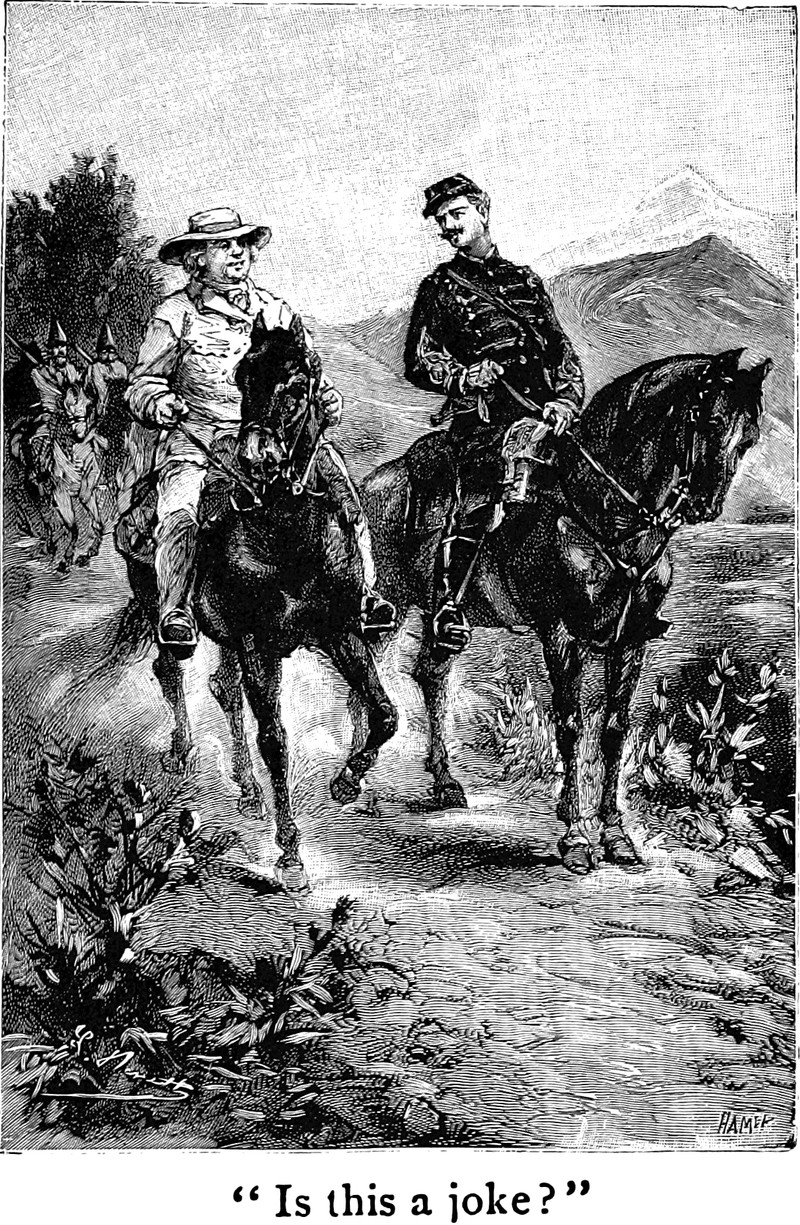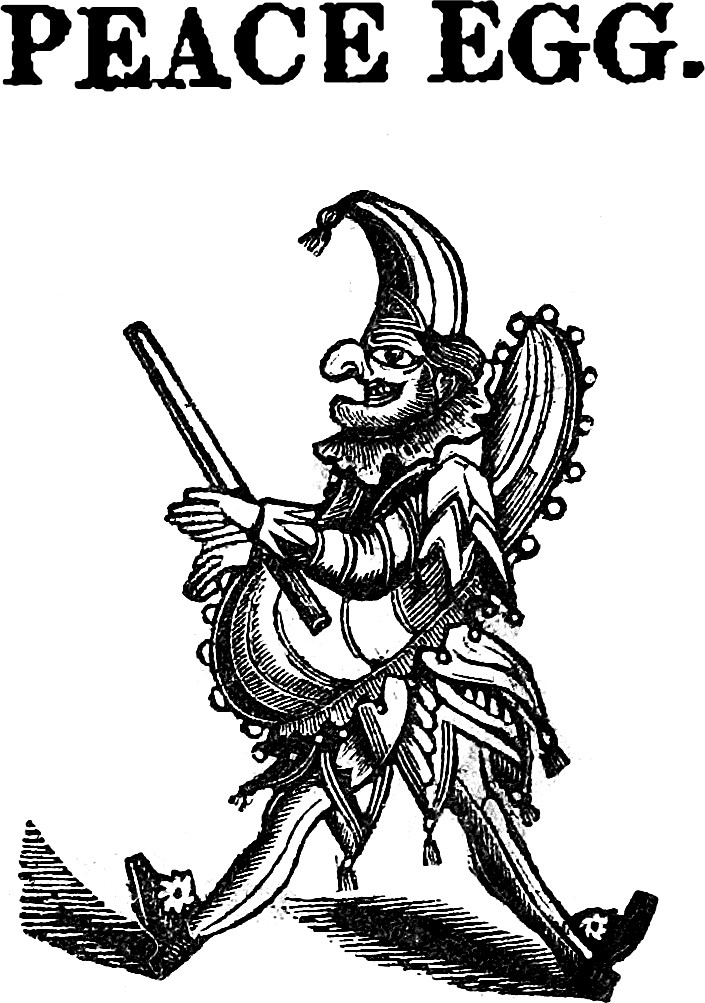Rhetorical Questions, Answered!
|


 |
|
|
 |
 |
 |
"I went to the window to ask of Night the reason why dreams must be so tenuous that they break and shred at the slightest opening of the eyes or turning of the body, and do not endure. Night did not answer me straightway. She was deliciously beautiful; low hills were pale with moonlight and the space died into silence. As I insisted, she made known to me that dreams were no longer under her juristiction. When they dwelt on the island that Lucian had given them, where she had her palace, and from whence she sent them forth with their faces of divers aspect, she might have given me possible explanations. The times had changed everything. The ancient dreams had been pensioned off, and the modern ones dwelt in a person's brain. And these, though they tried to imitate the former, could not do it: the isle of dreams, like the isle of love, and all the islands of all the seas, are now the object of the ambition and rivalry of Europe and the United States." —Machado de Assis, Dom Casmurro
|

 |
|
|
 |
 |
 |
Q: What would Endora do?
[If you know your Bewitched, you might guess our answer]: A: [Highlight to view] Snap out of it.
|










 |
|
|
 |
 |
 |
We previously noted:
The nuns in The Sound of Music ponder, "How do you solve a problem like Maria?"
We found the answer in a volume by Eliza Marian Butler entitled The Saint-Simonian Religion in Germany (1926):
The "solution of Maria's problem" is her "conversion to the Protestant faith."
UPDATE courtesy of Jonathan Caws-Elwitt:
Q. How Do You Solve a Problem Like Maria?
A. Borrow Maria's calculator and Maria's pencil.
|


 |
|
|
 |
 |
 |
Forget the chicken -- which came first, the dove or the egg? From The Peace Egg, a Mumming Play, 1835.
|




 |
|
|
 |
 |
 |
Q: How can a bug become horse armor?
A: With determination!
—Kamen Rider Kuuga (2000)
|

Page 5 of 10

> Older Entries...

Original Content Copyright © 2026 by Craig Conley. All rights reserved.
|



